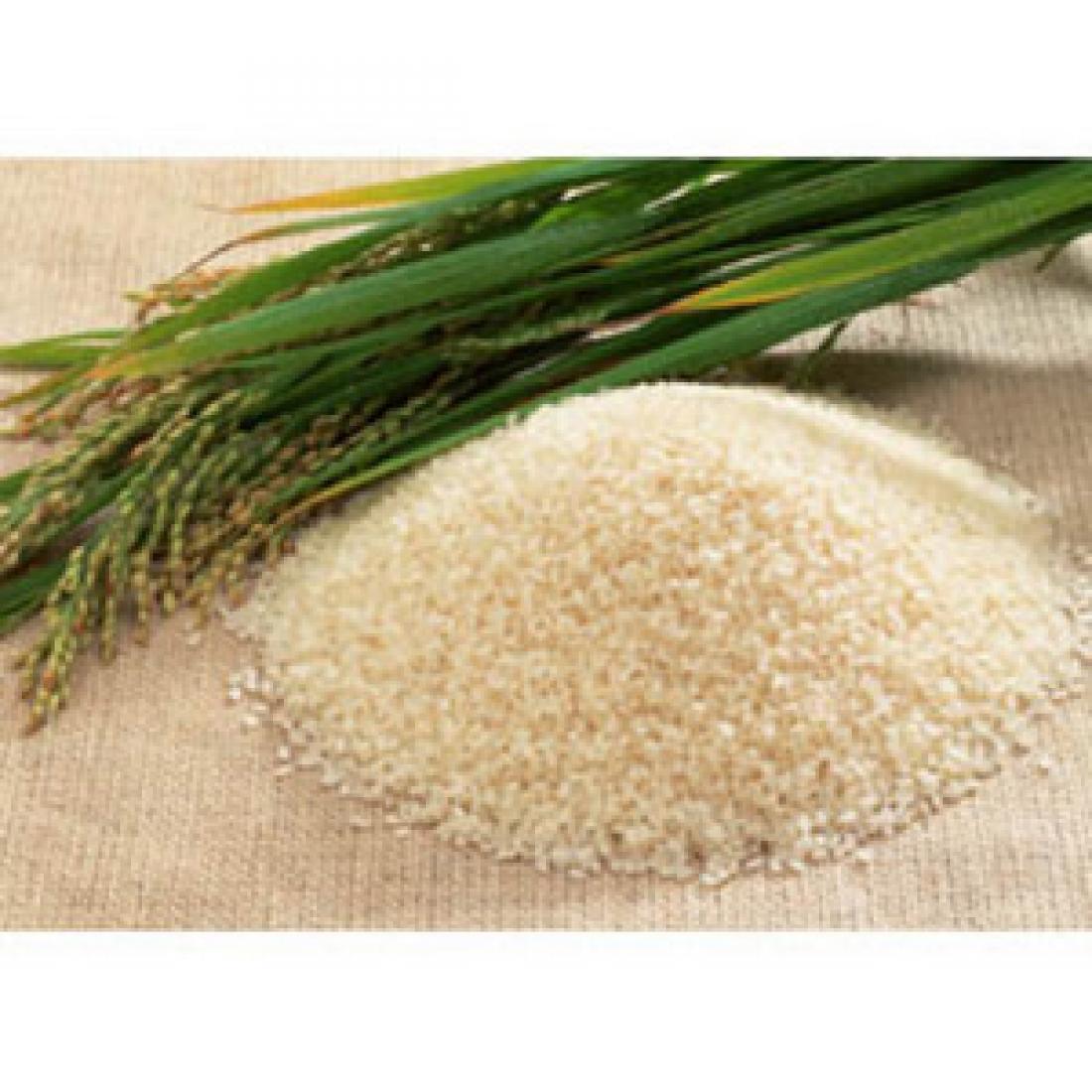The cloning of species such as rice to acquire stronger, or more environmentally friendly, crops could be made easier thanks to the intelligent search engine PosMed-plus.
Many diseases are caused by genetic mutations. Researchers can use a technique called linkage analysis to identify rough intervals on the chromosome that might have mutated to cause each condition; however, these intervals often contain tens or hundreds of genes. Rather than laboriously testing each gene, it is useful for researchers to acquire as much knowledge as possible about the condition in question, so that they can narrow down their choice to the most likely candidate genes.
Now, Tetsuro Toyoda and co-workers at RIKEN’s Bioinformatics And Systems Engineering (BASE) division in Yokohama have developed intelligent search engines that can identify candidate genes from huge genetic databases and over 17 million medical and biological documents1,2. The programs could not only help researchers to identify the genes responsible for diseases, but also highlight useful mutations that make crops more robust.
Toyoda explains some of the motivation behind his team’s work: “The RIKEN Genomic Sciences Center promoted a project to generate genetically mutated mice on a large scale. The disadvantage is that the locations of the mutation that confer the phenotypes, such as diseases, were difficult to identify [using] a conventional genetics approach.”
The BASE team worked alongside researchers at RIKEN’s BioResource Center in Ibaraki to develop their search engine, called PosMed (Positional Medline), which accesses vast amounts of information on the genetics of humans, mice and rats. They also collaborated with RIKEN’s Plant Science Center to develop a similar system for plants, called PosMed-plus (Positional Medline for plant upgrading science), which so far includes thale cress (Arabidopsis thaliana) and rice (Oryza sativa) (Fig. 1).
A researcher using PosMed or PosMed-plus can choose their species of interest, then type in a simple phrase representing a phenotype or function, for example ‘diabetes’ or ‘drought tolerance’. The program then searches through text in existing literature databases and assesses the strength of each gene’s connection to the phenotype in question. It can also highlight other genes that are expressed at the same times or places, or cited in the same papers, and even find similar genes in other species.
“Since the invention of the PosMed system, many mutations have been easily identified, because a researcher can prioritize the genes that need to be investigated with direct sequencing,” says Toyoda.
The researchers hope to add more species to their databases soon. For example, Toyoda says: “Recently we are focusing on plants that are useful for green technologies—to combat climate change.”
The corresponding author for this highlight is based at the RIKEN Bioinformatics And Systems Engineering division
1. Yoshida, Y., Makita, Y., Heida, N., Asano, S., Matsushima, A., Ishii, M., Mochizuki, Y., Masuya, H., Wakana, S., Kobayashi, N. & Toyoda, T. PosMed (Positional Medline): prioritizing genes with an artificial neural network comprising medical documents to accelerate positional cloning. Nucleic Acids Research 37, W147–W152 (2009).
2. Makita, Y., Kobayashi, N., Mochizuki, Y., Yoshida, Y., Asano, S., Heida, N., Deshpande, M., Bhatia, R., Matsushima, A., Ishii, M. et al. PosMed-plus: an intelligent search engine that inferentially integrates cross-species information resources for molecular breeding of plants. Plant Cell Physiology 50, 1249–1259 (2009).



